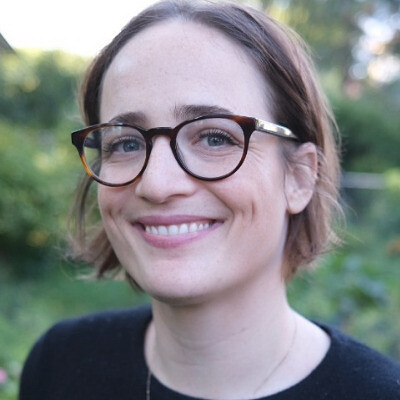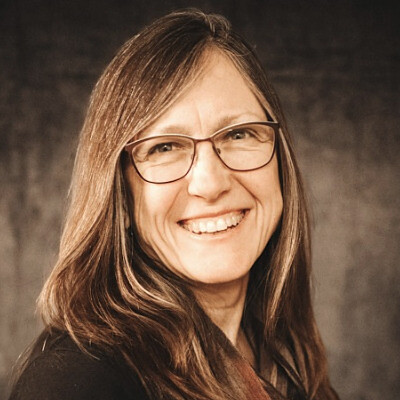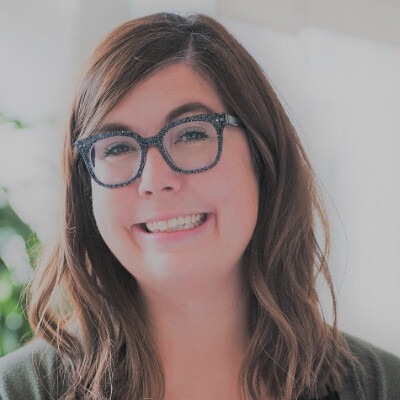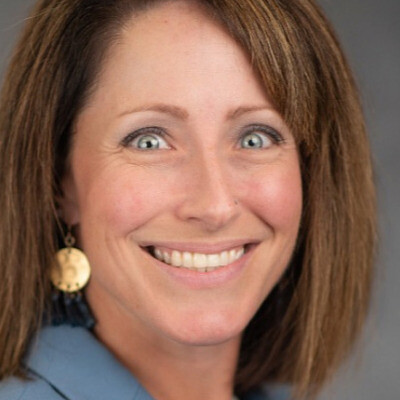This Lightning Talk expands upon a presentation at the 2024 Nexus Summit by describing an institution-level program’s final stage of scaffolded adaptation and growth. IPE faculty development (i.e., training prospective academic and clinical educators) is critical in sustaining the future of collaborative workforce preparation. IPE faculty development can create a symbiotic relationship that benefits all facets of healthcare by increasing collegiality, community, and potential interdisciplinary research opportunities in academic institutions.
Nevertheless, faculty engagement, including facilitator recruitment, has traditionally been a challenge in IPE, as individuals may need additional support to feel recognized, confident, and inspired to lead within and outside of their own profession. There has historically been a lack of consensus regarding best practices in this area, such as frequency, content, and length of training. There has been a gap in IPE faculty development programs that not only prepare faculty for interprofessional collaboration, but specifically seek to train faculty as they advance their knowledge and skills in IPE to take on more complex phases of leadership and project engagement. The need for faculty skilled in teaching IPE and empowered as engaged institutional advocates for IPE necessitates institutional leaders to share models and act as change agents.
Within this context, the Center for Interprofessional Health at the University of Minnesota completed its third year of its faculty development program - now named the Affiliate Faculty and Ambassador (AFA) program. Participants transition from Affiliates, to Senior Affiliates, and finally earn the distinction of CIH Ambassadors. In the third year of the program, Ambassadors incorporate the values of interprofessional education into their daily work and create a network of IPE champions with near-peer engagement and collaborations in education and research spaces. Two active alumni of this program will share details of their engagement to highlight outcomes of the program.
This Talk will detail operational considerations (e.g. FTE allocated to work), measurable outcomes, and lessons learned for leadership development in IPE across a diverse variety of professions and roles. For example, how to maintain novelty for engagement in a way that is programmatically sustainable. Also, IPE champions are likely to have competing priorities - how can a faculty development program maintain their participation? The Talk will conclude with anticipated adaptations for the coming year as the number of Ambassadors increases.
In support of improving patient care, this activity is planned and implemented by The National Center for Interprofessional Practice and Education Office of Interprofessional Continuing Professional Development (National Center OICPD). The National Center OICPD is accredited by the Accreditation Council for Continuing Medical Education (ACCME), the Accreditation Council for Pharmacy Education (ACPE), and the American Nurses Credentialing Center (ANCC) to provide continuing education for the healthcare team.
As a Jointly Accredited Provider, the National Center is approved to offer social work continuing education by the Association of Social Work Boards (ASWB) Approved Continuing Education (ACE) program. Organizations, not individual courses, are approved under this program. State and provincial regulatory boards have the final authority to determine whether an individual course may be accepted for continuing education credit. The National Center maintains responsibility for this course. Social workers completing this course receive continuing education credits.
The National Center OICPD (JA#: 4008105) is approved by the Board of Certification, Inc. to provide continuing education to Athletic Trainers (ATs).
This activity was planned by and for the healthcare team, and learners will receive Interprofessional Continuing Education (IPCE) credit for learning and change.


Physicians: The National Center for Interprofessional Practice and Education designates this live activity for AMA PRA Category 1 Credits™. Physicians should only claim credit commensurate with their participation.
Physician Assistants: The American Academy of Physician Assistants (AAPA) accepts credit from organizations accredited by the ACCME.
Nurses: Participants will be awarded contact hours of credit for attendance at this workshop.
Nurse Practitioners: The American Academy of Nurse Practitioners Certification Program (AANPCP) accepts credit from organizations accredited by the ACCME and ANCC.
Pharmacists and Pharmacy Technicians: This activity is approved for contact hours.
Athletic Trainers: This program is eligible for Category A hours/CEUs. ATs should claim only those hours actually spent in the educational program.
Social Workers: As a Jointly Accredited Organization, the National Center is approved to offer social work continuing education by the Association of Social Work Boards (ASWB) Approved Continuing Education (ACE) program. Organizations, not individual courses, are approved under this program. State and provincial regulatory boards have the final authority to determine whether an individual course may be accepted for continuing education credit. The National Center maintains responsibility for this course. Social workers completing this course receive continuing education credits.
IPCE: This activity was planned by and for the healthcare team, and learners will receive Interprofessional Continuing Education (IPCE) credits for learning and change.
Learners can claim CE credit by completing the Daily Evaluation.





